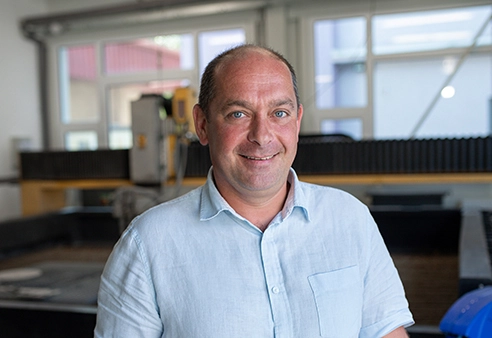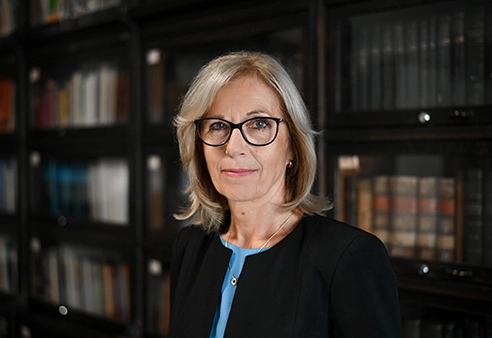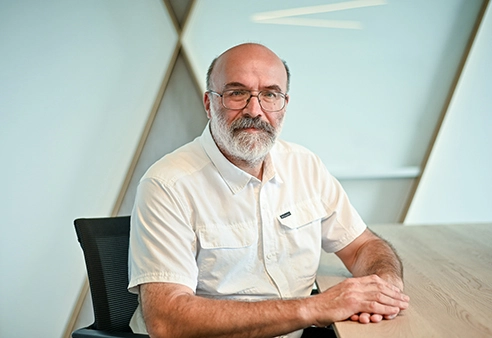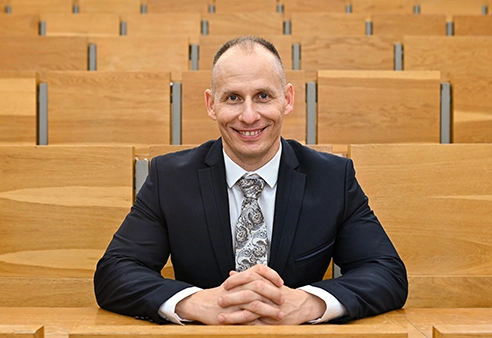Prof. RNDr. Katarína Cechlárová, DrSc., works at the Institute of Mathematics of the Faculty of Science of Pavol Jozef Šafárik University in Košice. Her scientific research includes discrete mathematics, computational complexity theory, and the application of these disciplines in areas such as distributing and creating coalitions, fair sharing, and economic equilibrium calculations. She uses methods from mathematics and theoretical computer science to solve issues that originate in economy, political science, and artificial intelligence.
When this respected mathematician, scientist and teacher admitted to using a calculator so that she doesn’t have to remember the multiplication chart, it was surprising, human and humble in the face of the complicated science she studies. She introduced computational social choice into Slovak mathematics – something that nobody had done before her. Simply put, her subject of interest is not only numbers and formulas but also terms and issues that relate to human behaviour.
The results of her research, which she carries out together with her students, can then be applied in real life. Using discrete mathematical methods, her team created software that helps assign student teachers for practice in schools. Algorithms can also be used to describe men vying for the attention of women or in efficient searching for kidney donors. “They are not major breakthroughs, but the results of my work help people facing everyday problems,” she says.
“Mathematics and its expression help reveal hidden dependencies in scientific fields that are not related at first glance, such as sociology and economics. What we define with mathematics may not work perfectly in the real world but we are creating a valid and working model.”
Professor Cechlárová considers mathematics to be a part of culture. Her message to her students is that mathematics can bring great satisfaction in life. “I try to teach my students to not only calculate the solution but to also think, argue, and look for the right words to express their thoughts so they can be clearly passed on to various groups of people,” she says.
“Watching them not only master mathematics but also develop their personalities is fascinating. Their attitudes to life change, and they make progress. That’s because creative mathematics also requires consistency, perseverance, independence, and a sense of truth. We watch our students mature,” Katarína Cechlárová observes. She would like to inspire more students to consider mathematics, and inspire them to look for new questions and horizons.
Katarína Cechlárová is from Prešov, Slovakia. She studied mathematics at the Faculty of Science of Pavol Jozef Šafárik University in Košice. In her free time, she enjoys hiking and kayaking, which allows her to become absorbed in nature and forget all her problems. “At the university, I teach optimal control theory, where students are tasked with finding the best way of crossing a river,” she laughs. She also admits that in real life, she uses logical thinking and judgement more than formulas and the multiplication table.
Mathematics, which consists of very precise structure, definitions, theorems and proofs, fascinates her thanks to its sense of certainty. “Once we define a mathematical theorem, then, provided the proof is correct, the theorem will still be correct a hundred years later. It’s fascinating that although the world around us is often unpredictable, mathematics is deterministic in its nature and can very precisely say what happens once some prerequisites are met.”



